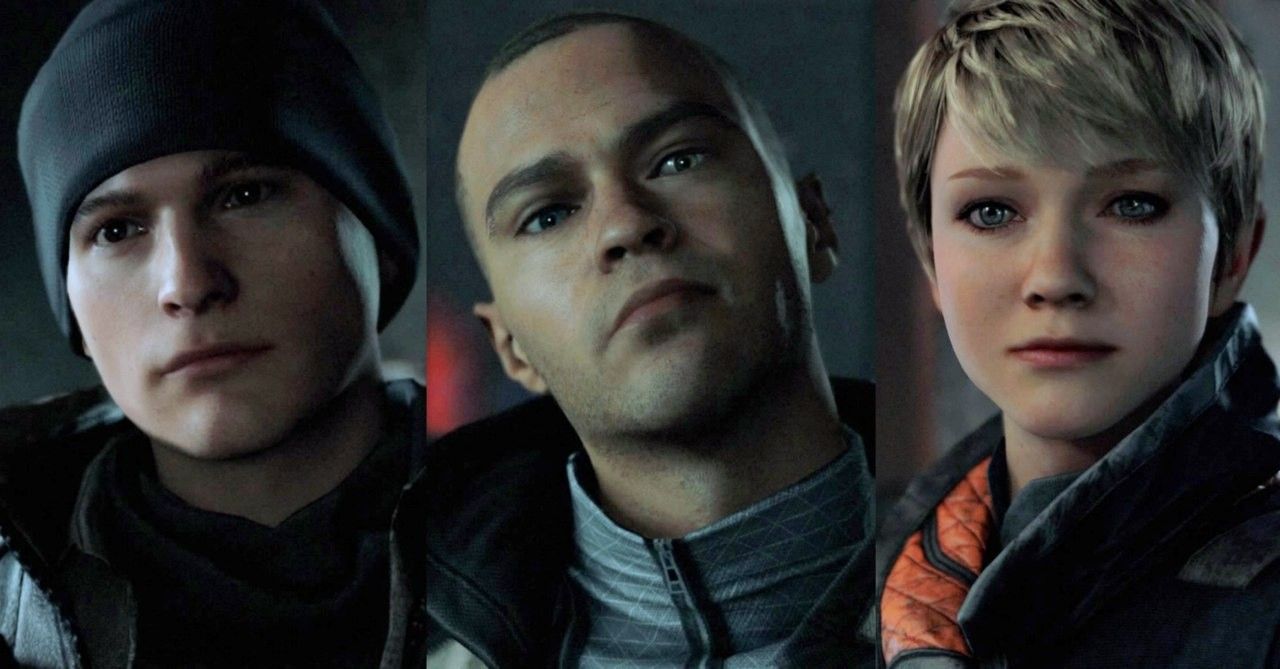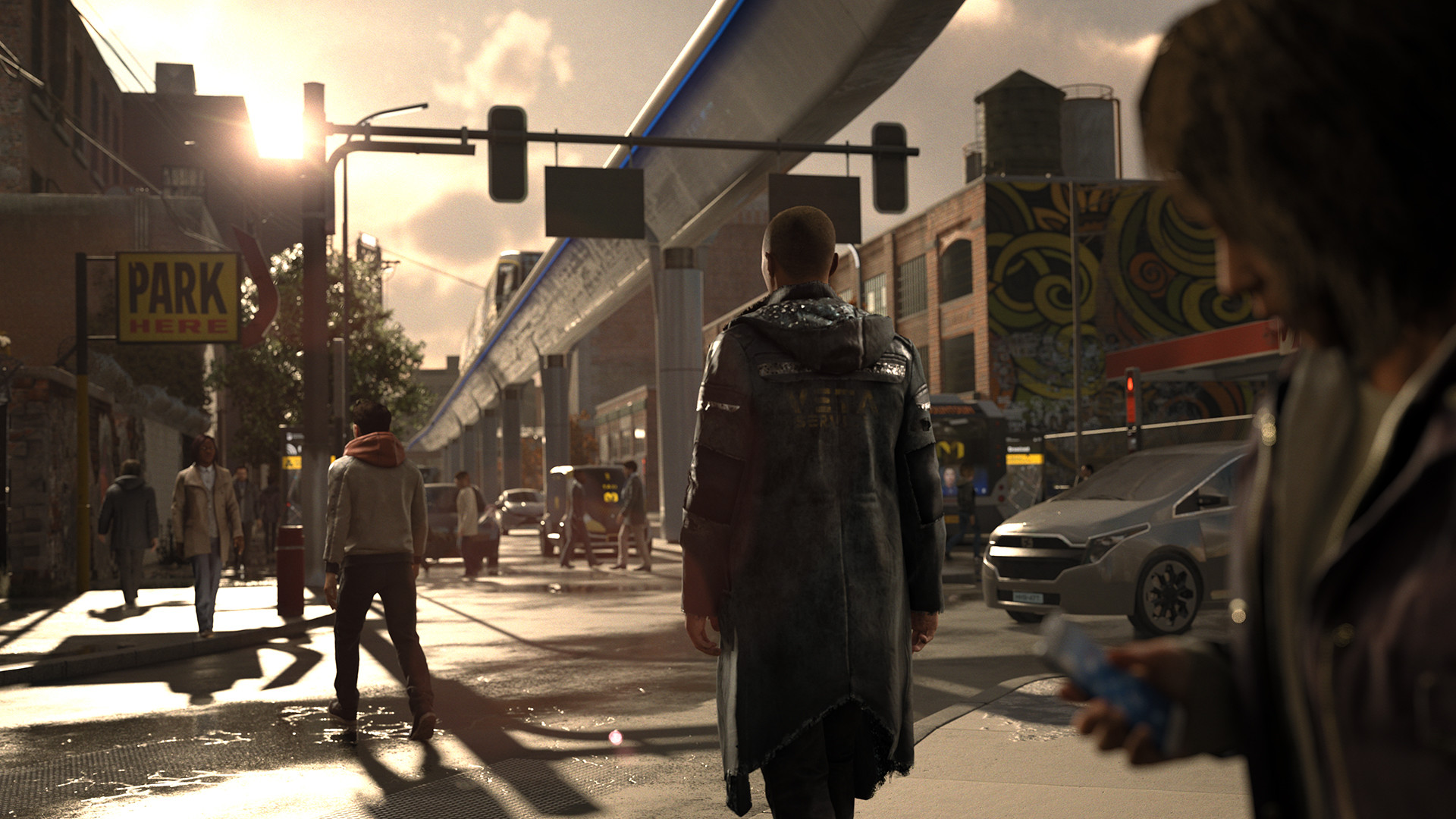- Detroit: Become Human is an extraordinary example of interactive storytelling, where your choices significantly impact the narrative.
- Your actions shape character personalities in Detroit Become Human, leading to intense character development.
- Its exploration of complex themes of social and civil rights leaves a lasting impact on players.
I’ve always been fascinated by stories that give me agency, where my decisions have real consequences in how the narrative unveils. Detroit: Become Human, released in 2018, isn’t just a game; it’s an immersive storytelling experience.
It incorporates an intricate and compelling tale in a futuristic world where the line between human and android blurs, and your choices leave a profound consequence.
Why it Matters: Detroit: Become Human stands out as a beacon for the powerful potential of games to tell engaging stories, promote player agency, and address thought-provoking social issues.
Your Choices Evolve The Characters
In Detroit: Become Human, you step into the shoes of three androids: Kara, Markus, and Connor. Each presents a unique perspective on the world and the rapid android revolution. What’s fascinating is that these characters don’t have predetermined personalities. They evolve based on your choices entirely. In all cases, Kara and Markus turn deviant, whereas Connor has a choice.
Will Kara, the housekeeper android, become a fiercely protective mother of Alice or a captured fugitive? Will Markus, Carl’s caretaker android, embrace a path of peaceful resistance or lead a violent revolt?
Even Connor, an advanced prototype, can stay cold and analytical or begin to question his programming and empathize with his kind. This level of player-driven character development is remarkable.

Interactive Storytelling at Its Finest
The core strength of Detroit: Become Human lies in its branching storyline that dynamically adapts to your actions. This isn’t just about a few big turning points; every interaction and every dialogue option changes the world.
Seemingly minor decisions can have surprisingly significant consequences later. This creates a sense of tension and personal investment in your playthrough that only a few other games can match.
For example, you play Connor, an android designed to investigate crimes involving deviant androids. How you interrogate suspects, whether you prioritize efficiency or empathy, shapes the course of the entire investigation and your standing amongst both humans and androids. It makes you pause and carefully consider each choice.
Incredible Visuals Using Motion Capture
Quantic Dream, the developers behind Detroit: Become Human, are known for their extensive use of motion capture technology. Every scene, every facial expression, and every movement is carefully crafted based on stellar performances from real actors. This motion capture gives the game exceptional visuals.
The world of Detroit is futuristic, with a balance of humans and androids. The androids are incredibly lifelike. Their entire life and emotions are conveyed in heartbreaking detail.
It’s a testament to how far gaming visuals have come. Detroit: Become Human often feels more like an immersive film than a game, combined with an impactful soundtrack composed by Philip Sheppard, Nima Fakhrara and John Paesano.
Replayability That Demands Multiple Playthroughs
With its complex branch of choices and potential outcomes, the heart of Detroit: Become Human is its extraordinary replayability. You’ll almost certainly want to see the paths not taken the first time.
Each new run can be wildly different, with new characters alive or dead, relationships drastically changed, and even entire plotlines you missed in your first run. What makes replayability even more attractive are the chapter-ending flowcharts, revealing all the branches you missed, the choices you didn’t even know you had.
What struck me the most is that the game doesn’t judge your choices. There’s no traditional excellent or bad ending, no right or wrong way to play. Detroit: Become Human instead forces you to face the moral ambiguities of your decisions.

Exploring Complex Themes Through Player Agency
Beyond its thrilling gameplay design, Detroit: Become Human raises thought-provoking questions about moral decisions and what being human means. It helps us identify who we are and how we think. It cleverly uses the concept of androids to explore issues of discrimination, prejudice, and the struggle for social rights.
The game doesn’t offer challenges or attempts to preach to you. Instead, it allows you to experience these complex themes through your own choices, making the experience all the more impactful.
Final Words
Detroit: Become Human is an achievement in interactive storytelling. It isn’t just a simple game I played. It’s an experience that stayed with me. Its intricate storytelling, complex characters, stunning visuals, and thought-provoking questions make it a true masterpiece.
Thank you! Please share your positive feedback. 🔋
How could we improve this post? Please Help us. 😔
Passionate gamer and content creator with vast knowledge of video games, and I enjoy writing content about them. My creativity and ability to think outside the box allow me to approach gaming uniquely. With my dedication to gaming and content creation, I’m constantly exploring new ways to share my passion with others.




